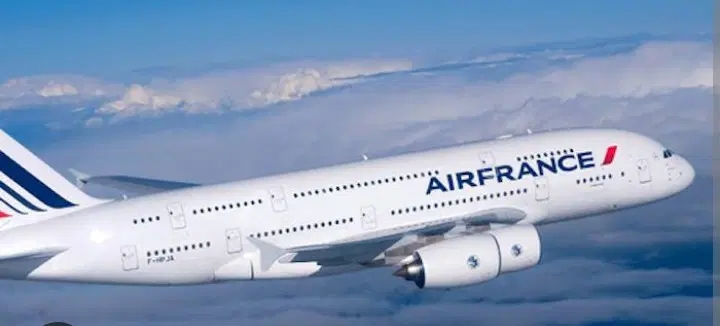
Air France has been forced to reroute its flights to sub-Saharan Africa, avoiding Algerian and Malian airspace, amid growing regional tensions and airspace restrictions that underscore the escalating militarization of the skies over the Sahel.
Since April 8, 2025, the French national carrier has halted overflights of Algerian territory following reciprocal airspace restrictions imposed by both Algeria and Mali.
The restrictions have compelled Air France to chart new flight paths through Moroccan and Mauritanian air corridors, adding considerable distance—and cost—to routes connecting Paris with major cities in West and Central Africa.
The disruption stems from a NOTAM (Notice to Airmen) issued by Malian authorities, which bars any aircraft from overflying Mali if it has previously used Algerian airspace.
The measure effectively blocks a key artery for north–south air traffic between Europe and Africa, and comes on top of the airspace closure over Niger that has remained in effect since the summer of 2023.
Air France, in a statement, confirmed the changes and acknowledged the operational consequences.
“Flights to sub-Saharan destinations are now being rerouted via alternative paths, primarily through Moroccan and Mauritanian airspace,” the airline said.
These reroutes result in longer flight times, increased fuel consumption, and heightened logistical complexity for airline planners.
The financial burden, too, is significant, as longer journeys impact scheduling, crew rotations, and maintenance operations.
The developments reflect a broader geopolitical shift, where control of airspace in the Sahel is becoming a potent diplomatic tool. With growing instability and contested governance across the region, national airspaces are now being leveraged for strategic and political influence.
For Air France and other international carriers, the new reality demands agility—and deeper recalibrations—as geopolitical fault lines continue to reshape the African skies.



